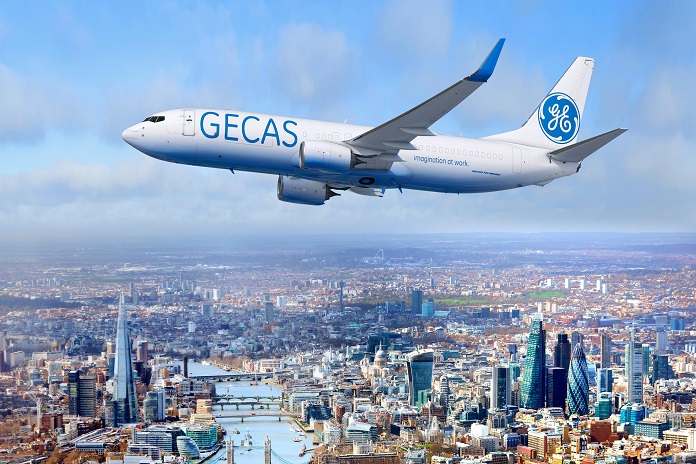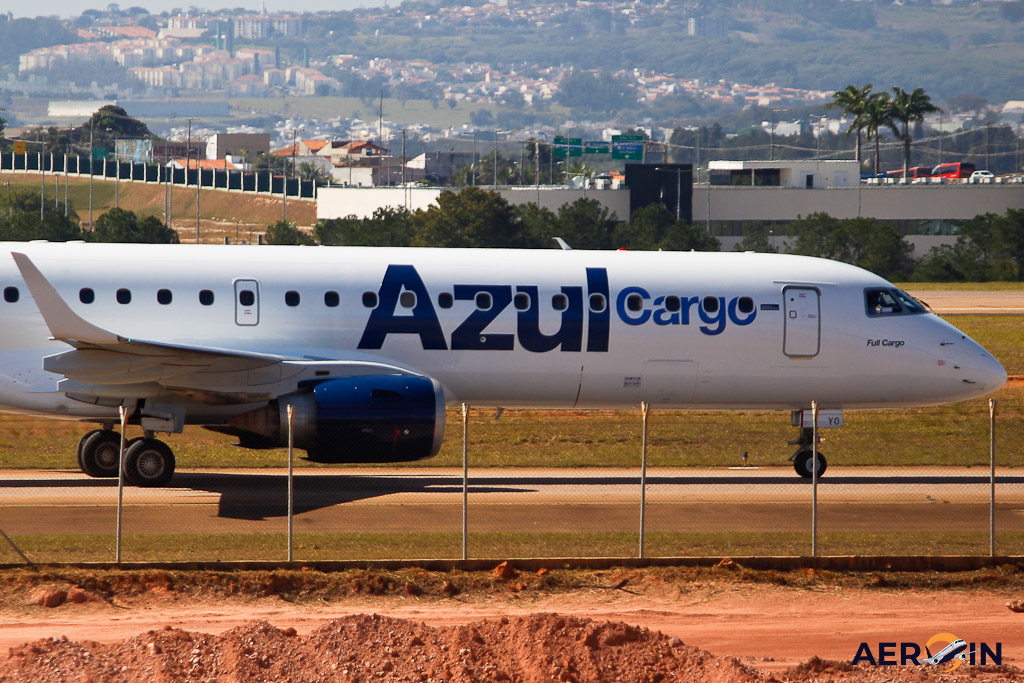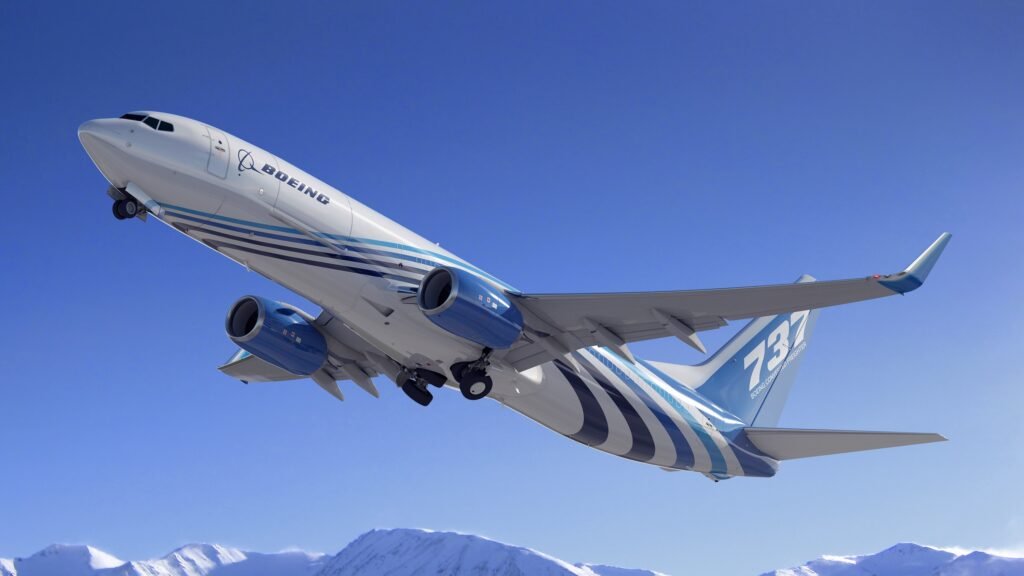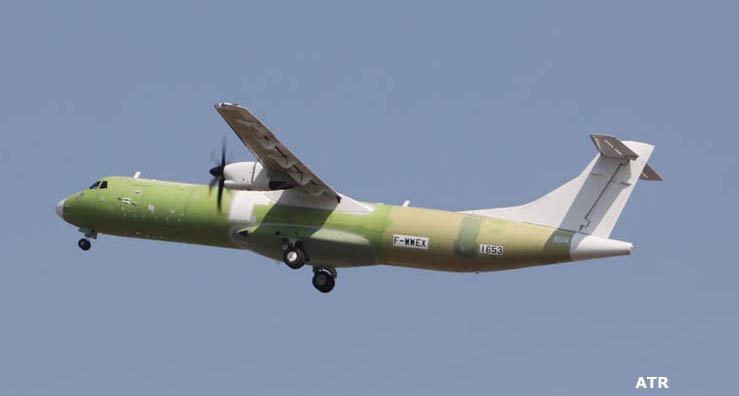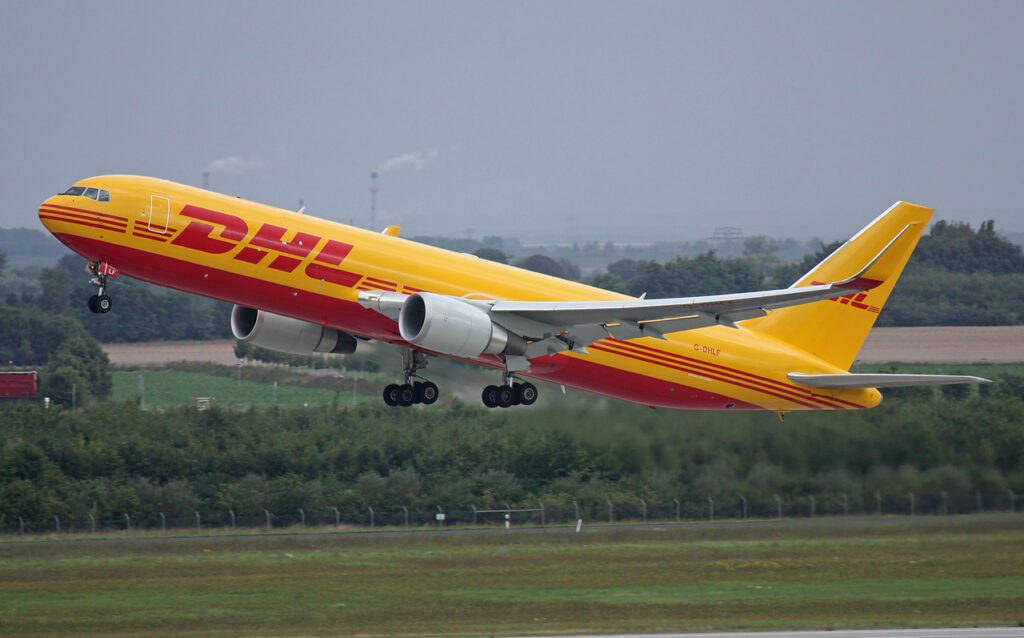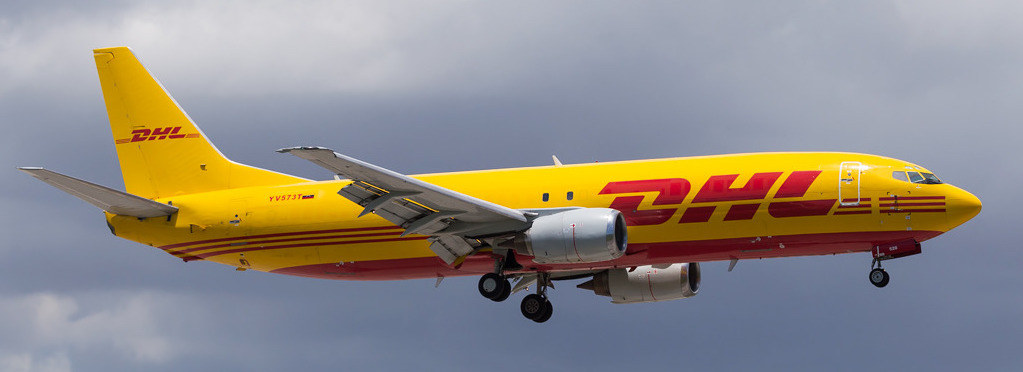Boeing Says More Freighters Needed to Support Global Supply Chains
Boeing [NYSE: BA] today released its biennial World Air Cargo Forecast (WACF), reflecting COVID-19 impacts and opportunities as well as substantial long-term demand for freighters over the next two decades. Enabled by a rebound in…
